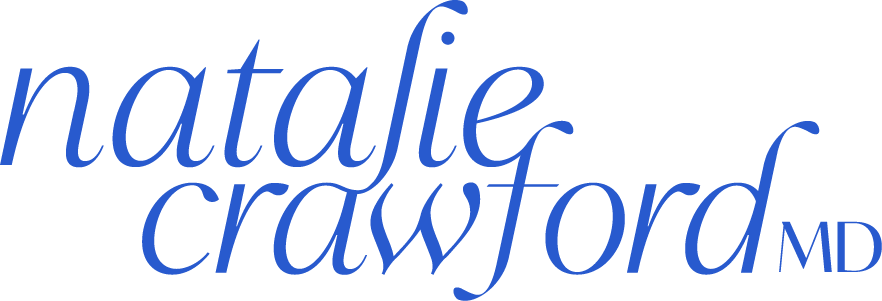Getting Pregnant After Age 40
Today, I’m revisiting a topic I’ve discussed before: getting pregnant at 40 and beyond. This comes after receiving a comment on a past video I created about fertility at 40. The comment raised several points, so let’s break it down and address the realities of fertility as we age.
The Comment I Received:
“I believe media and society make you think that it is impossible to be pregnant at 40. I tried one time last month when I was fertile and I’m now pregnant at 40, naturally. Yes, it might be more complications, but the majority of babies are born healthy. Also, I believe there is an economic agenda to push women to freeze their eggs before 40 and go to fertility clinics. If you're meant to have children, you will, no matter your age.”
Media and Society’s Influence on Fertility Perception
First, congratulations to this commenter on their pregnancy! It’s important to acknowledge that pregnancy at 40 is not impossible, but it is less likely. While the media can sometimes amplify unrealistic expectations of fertility at older ages—with stories of celebrities having children in their late 40s or 50s—these stories often lack transparency about whether they used donor eggs, froze their eggs earlier, or underwent fertility treatments. This lack of clarity can mislead people into thinking fertility can naturally extend well beyond its biological limits.
Fertility Data at Older Ages
Age undeniably impacts fertility. Let’s talk numbers. For women under 30, the likelihood of conceiving within a month is around 25%. Between 30 and 33, that rate drops to 17-19%. By 35-37, it decreases further to 11-12%. For women at 38-39, it’s about 5%, and at 40, it’s 3% per month if it’s your first attempt at pregnancy. These numbers improve if you’ve had a prior child, as previous pregnancies can increase your monthly chance of conception. The key takeaway is that while pregnancy is possible at 40, the odds are significantly lower than in younger years. Additionally, as you age, the risk of miscarriage and genetic abnormalities increases. For instance, by age 40, the risk of miscarriage is nearly double what it is at age 25. These outcomes primarily result from age-related declines in egg quality, which cannot be reversed.
Addressing Concerns About Egg Freezing and Economics
The comment mentions an “economic agenda” pushing women to freeze their eggs. Here’s the reality: if you’re considering egg freezing, earlier is better, ideally before age 35. The science supports this because egg quality and quantity decline with age. Egg freezing is not about economics; it’s about giving women options and preserving the possibility of future fertility when the biological clock might otherwise limit it.
“If You’re Meant to Have Children…”
This statement is perhaps the most upsetting part of the comment. Implying that anyone can naturally have children regardless of age undermines the struggles many face. I see patients every day who deeply desire children and are doing everything within their power to achieve that dream. These individuals might have conditions like blocked fallopian tubes, genetic abnormalities, or diminished ovarian reserve. Others might have partners with male factor infertility. Suggesting that their struggles are simply “not meant to be” dismisses the medical realities and emotional hardships they face.
What Can You Do?
If you’re 40 or older and trying to conceive, here are my recommendations:
Start with a fertility evaluation: Before you begin trying, assess your ovarian reserve, check your fallopian tubes, and ensure your partner’s sperm is healthy.
Track your cycles: Understanding your fertile window can optimize your chances.
Live a healthy lifestyle: Maintain a balanced diet, regular exercise, and manage stress.
Discuss family size goals with your doctor: Early planning can make a significant difference if interventions are needed.
Some people conceive naturally; others need fertility treatments like IVF. Both paths are valid, and knowing your options allows you to make informed decisions.
Fertility at 40 is nuanced. It’s not impossible, but it’s harder. Being proactive, understanding your body, and seeking early evaluation can make all the difference.

